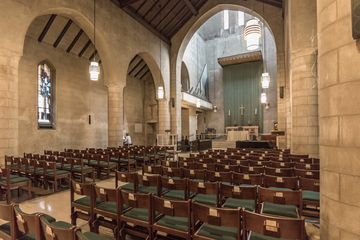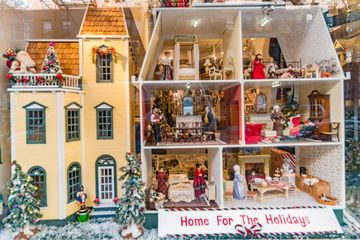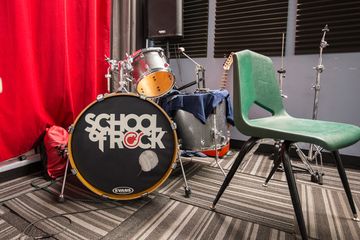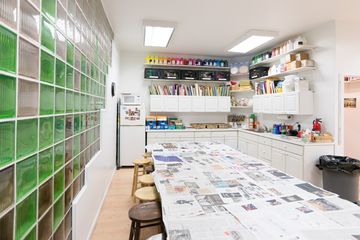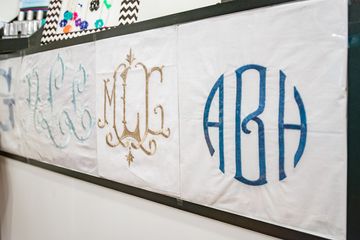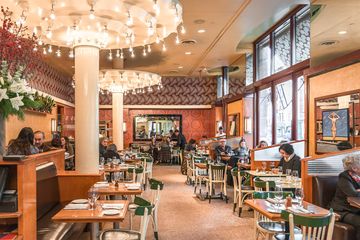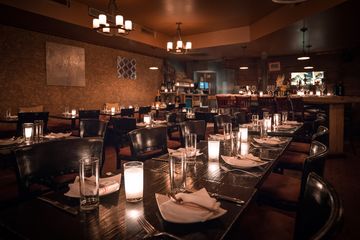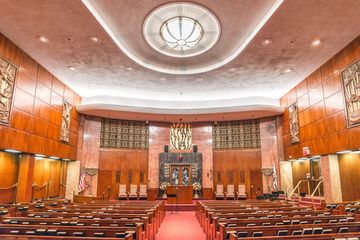Sojourn calls itself the Upper East Side’s “sexiest restaurant, ” and it is hard to argue: the color scheme, in coppers browns and reds, gives the restaurant a warm, intimate feeling. The name, which means “a temporary stay, ” hints at the fact that visitors can expect a full dining experience. Olivia, a member of the Manhattan Sideways team, was excited to return to Sojourn. She and her family had discovered the restaurant, tucked behind a residential-looking doorway, right before Thanksgiving and had visited two more times by the New Year. Along with the friendly staff, warm ambience, and delectable, seasonal food, what makes Sojourn stand out is its approach to courses: all menu items can be ordered as sharable tapas, with just the right number for the table. For example, when Olivia went with a group of seven family members and ordered the chorizo croquettes, the waiter said he would bring out two orders at three to a plate... plus one extra. Using this innovative way of ordering, each party can essentially create their own tasting menu. As for beverages, the cocktail menu is sophisticated and diverse. The restaurant not only has a large selection of wine, but also keeps some of their grapes in barrels rather than bottles, a more environmentally friendly method of storing and serving it. Among the many menu items that Olivia’s family tasted were the zesty arugula salad, crispy fish tacos, and Kobe beef sliders. Despite being thoroughly full, they made sure to have enough room for the warm, fluffy churros served with Mexican chocolate dipping sauce. We spoke to Johnny Musovic, who owns Sojourn with his father, Sami. They originally opened a Mexican restaurant called Santa Fe in the same location, but discovered that the neighborhood did not have a strong need for casual Mexican food. Instead, the father and son duo reopened with a higher-end concept which has been wholly embraced. Johnny proudly told me that his father is no newcomer to the restaurant world, having been the Head Maitre D’ at Sparks Steakhouse and Mr. Chow’s. He also has two other restaurants nearby. As for Johnny himself, he told me “In this industry, you can’t be afraid to get your hands dirty, ” referencing his time spent as everything from dishwasher to delivery boy to co-owner. He is clearly very proud of Sojourn for a variety of reasons, beginning with the food. “Most chefs are into fresh, local ingredients, but these chefs really are. ” He is also happy to have cultivated a chic, relaxing space, which includes live music on Monday and Tuesday evenings. Though he proclaims that the Upper East Side is his favorite part of the city, Johnny’s dream is to open up a Sojourn in Midtown one day. Until then, his goal is to integrate his bar crowd and his dining crowd. One night, he held a two hour open bar as his way of “giving back” to the neighborhood. Along with drinks, he offered his customers a series of hors d’oeuvres. He was surprised by how many of his bar regulars approached him and said, “I didn’t realize you had such great food! ”
